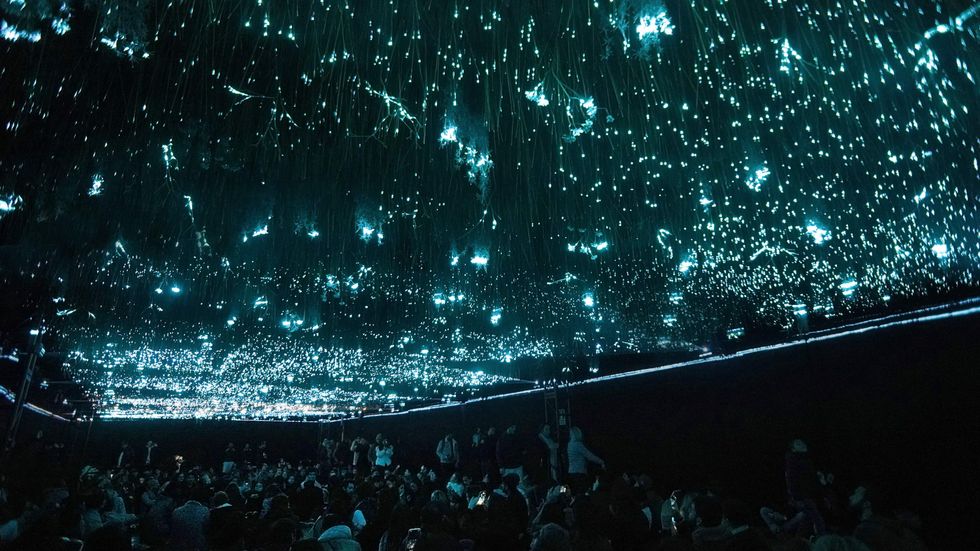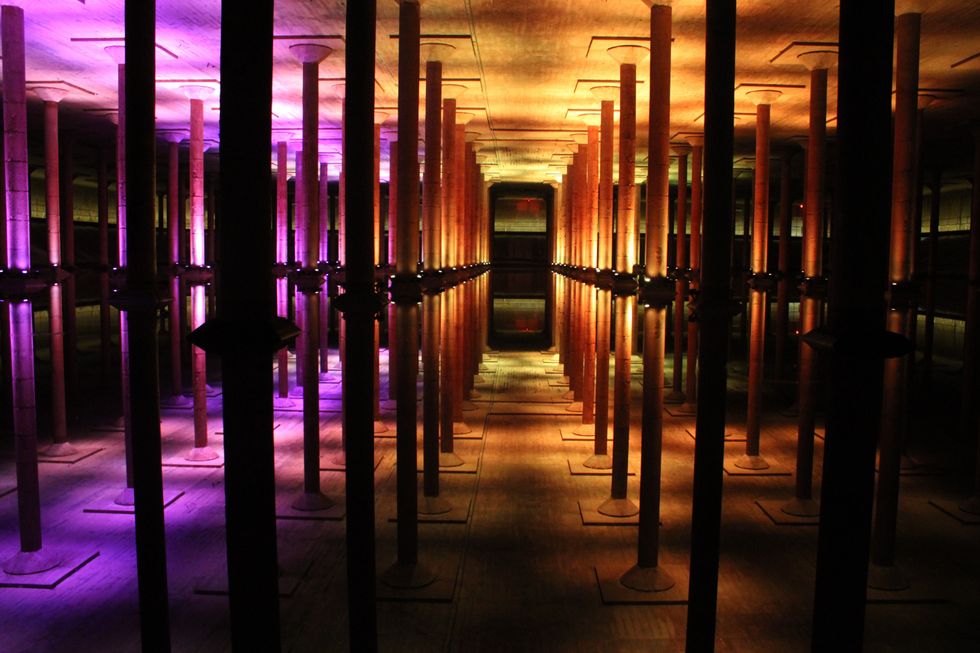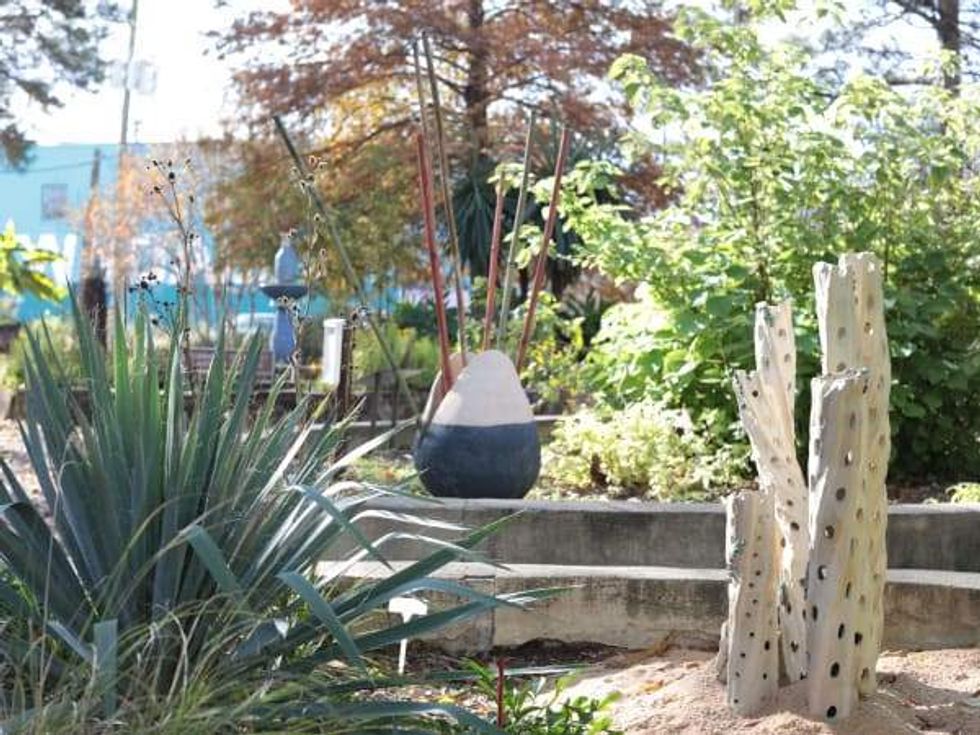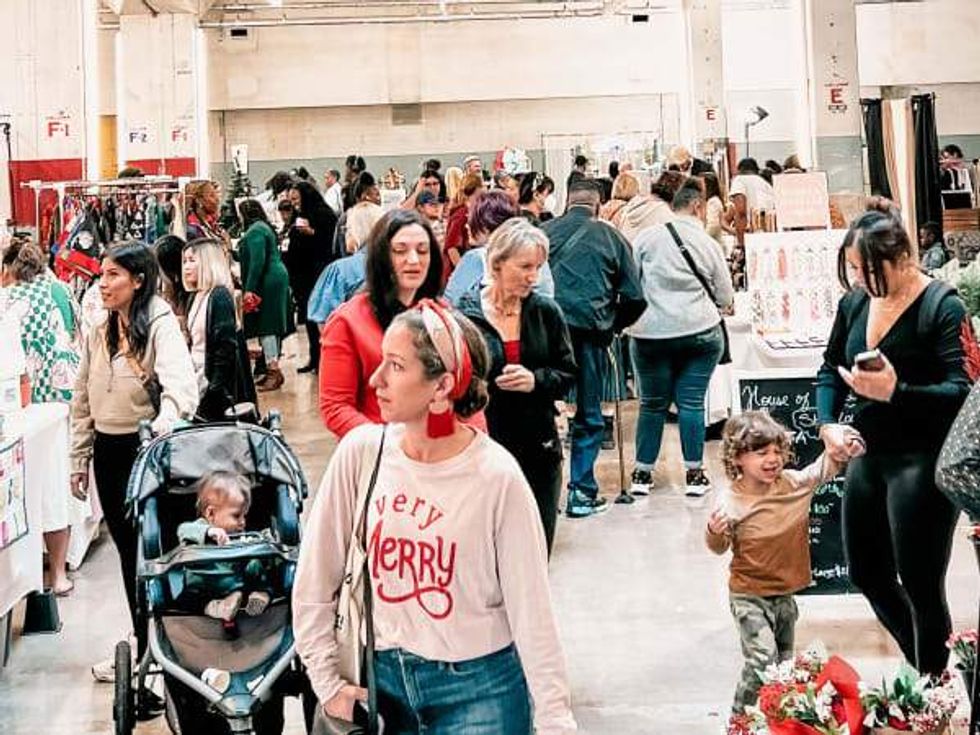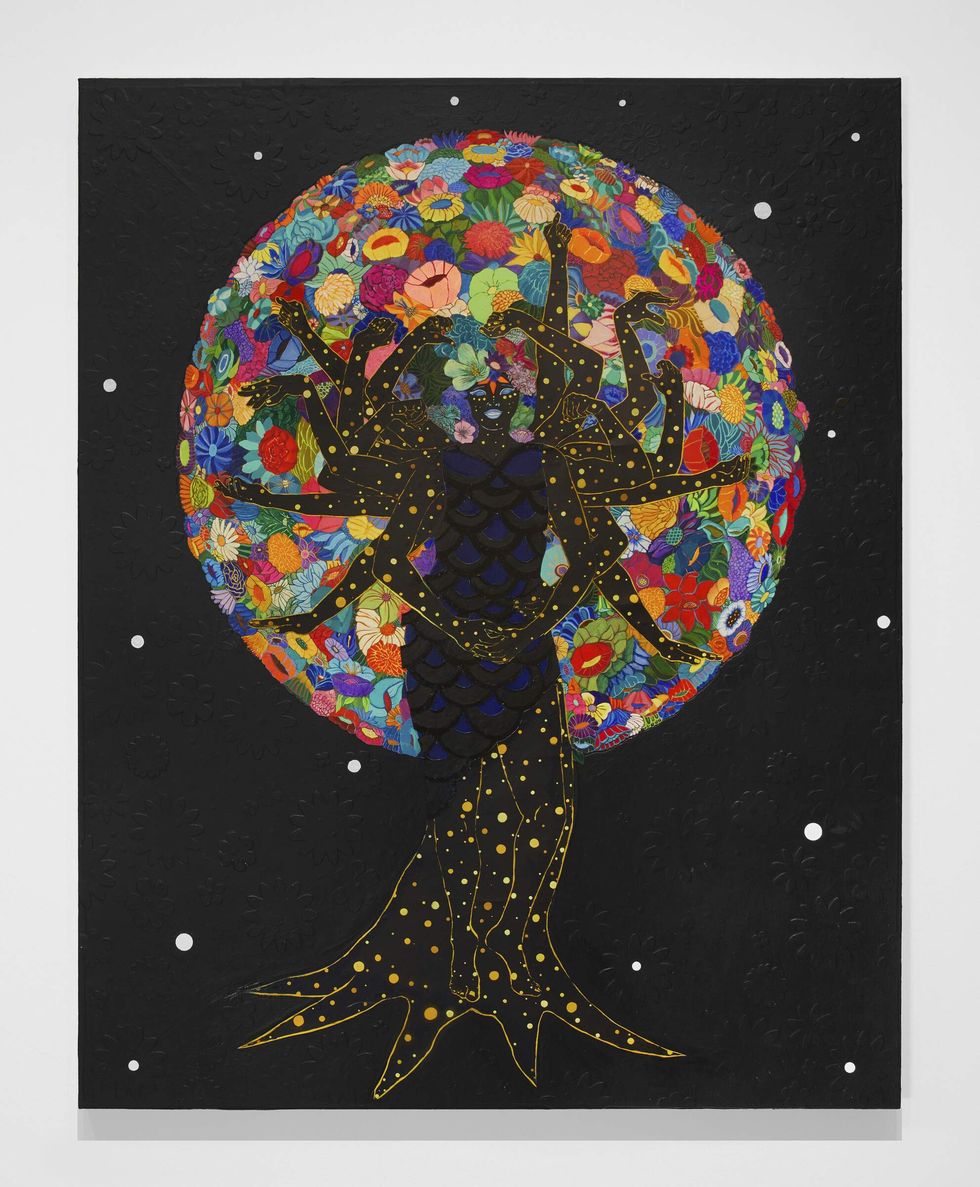Cultural Heritage 2.0
Who owns the art? As Byzantine frescoes depart, the Menil reevaluates culturalexchange
 Stolen from a Cypriot chapel in 1980 and cut into 34 pieces, the Byzantinefrescoes were rescued from the black market by Dominique de Menil in 1984Photo by Laurence Morrocco
Stolen from a Cypriot chapel in 1980 and cut into 34 pieces, the Byzantinefrescoes were rescued from the black market by Dominique de Menil in 1984Photo by Laurence Morrocco The Menil Foundation funded an extensive restoration of the damaged frescoes inthe late 1980s, arranging a 20-loan with the Greek Orthodox Church of Cyprus todisplay the restored artwork in Houston.Photo by © Paul Warchol
The Menil Foundation funded an extensive restoration of the damaged frescoes inthe late 1980s, arranging a 20-loan with the Greek Orthodox Church of Cyprus todisplay the restored artwork in Houston.Photo by © Paul Warchol The Menil Collection has housed the loaned artifacts in the Byzantine FrescoMuseum since 1997. The frescoes will return to Cyprus next year.Photo by Hester + Hardaway
The Menil Collection has housed the loaned artifacts in the Byzantine FrescoMuseum since 1997. The frescoes will return to Cyprus next year.Photo by Hester + Hardaway
As its famously-loaned Byzantine frescoes approach their imminent return to Cyprus next year, The Menil Collection hosted a panel discussion exploring the role of museum ownership in the 21st century.
Titled "Cultural Heritage 2.0: Participatory Stewardship," the talk asked a group of five experts — an anthropologist, academic, engineer, lawyer and biomedical ethics specialist — to examine the future of cultural exchange among museums and research institutions.
"As we approached the announcement about the return of the frescoes," Menil director Josef Helfenstein said in an introduction for the event, "we saw an opportunity to connect the dots on cultural heritage in different ways — an opportunity to shift the discussion from the common one in art museums, about the ownership of ancient works of art, to a new set of important areas that affect countries and cultures around the globe."
Panel moderator Kristina Van Dyke, a Menil curator and a specialist in African art, began the evening by detailing the background of the departing Byzantine frescoes, which were stolen from a Cypriot chapel in 1980. Dominique de Menil salvaged the frescoes from the black market, funding an extensive restoration project in exchange for a 20-year loan of the artifacts from the Greek Orthodox Church of Cyprus.
The Menil Collection commemorated the unique arrangement with the Byzantine Fresco Chapel in 1997. "It was a complex and thoughtful response to a complicated situation," Van Dyke said, noting how artwork may find a new life when traditional notions of ownership are modified.
Anthologist James Leach spoke against traditional notions of property, which "treats things as objects," touting instead the community-centered ownership practices he witnessed among tribal societies in Papua New Guinea.
Anthologist James Leach spoke against traditional notions of property, which "treats things as objects," touting instead the community-centered ownership practices he witnessed among tribal societies in Papua New Guinea. Engineer Joseph Flowers and attorney Robin Nava, both from oil field sevice company Schlumberger Limited and public policy expert Kirstin Matthews of Rice University addressed the legal and technical plausibility of cultural ownership policies like Creative Commons.
"I just think it's ridiculous that we don't have an international consortia," said University of Houston School of Art director Rex Koontz, arguing for a more unified policy toward scholarly exchange programs. He talked about his own struggles with inflexible ownership policies, boldly equating Mexico's longstanding restrictions on Mayan artifacts with a secured wall on the Arizona border.
The evening ended on a thought-provoking note, as one audience member posed questions on genetically-modified food and corporate seed control in the agricultural industry. While the panelists shied away from delving into a whole new arena of discussion, the question indicated the event's success in unearthing an array of issues related to cultural stewardship — exactly what the Menil set out to achieve.
In an effort to continue the dialogue on international cultural exchange, the Byzantine Fresco Chapel recently launched a new website, which will include a forthcoming "guest book" section for visitors to share their thoughts.

